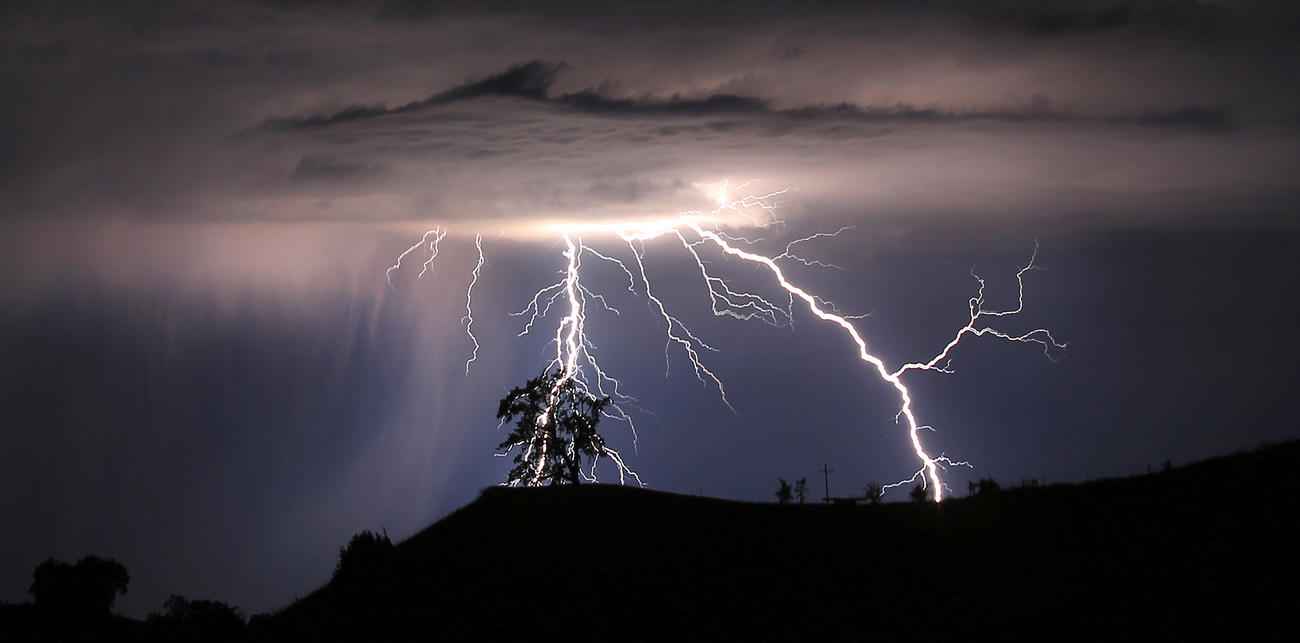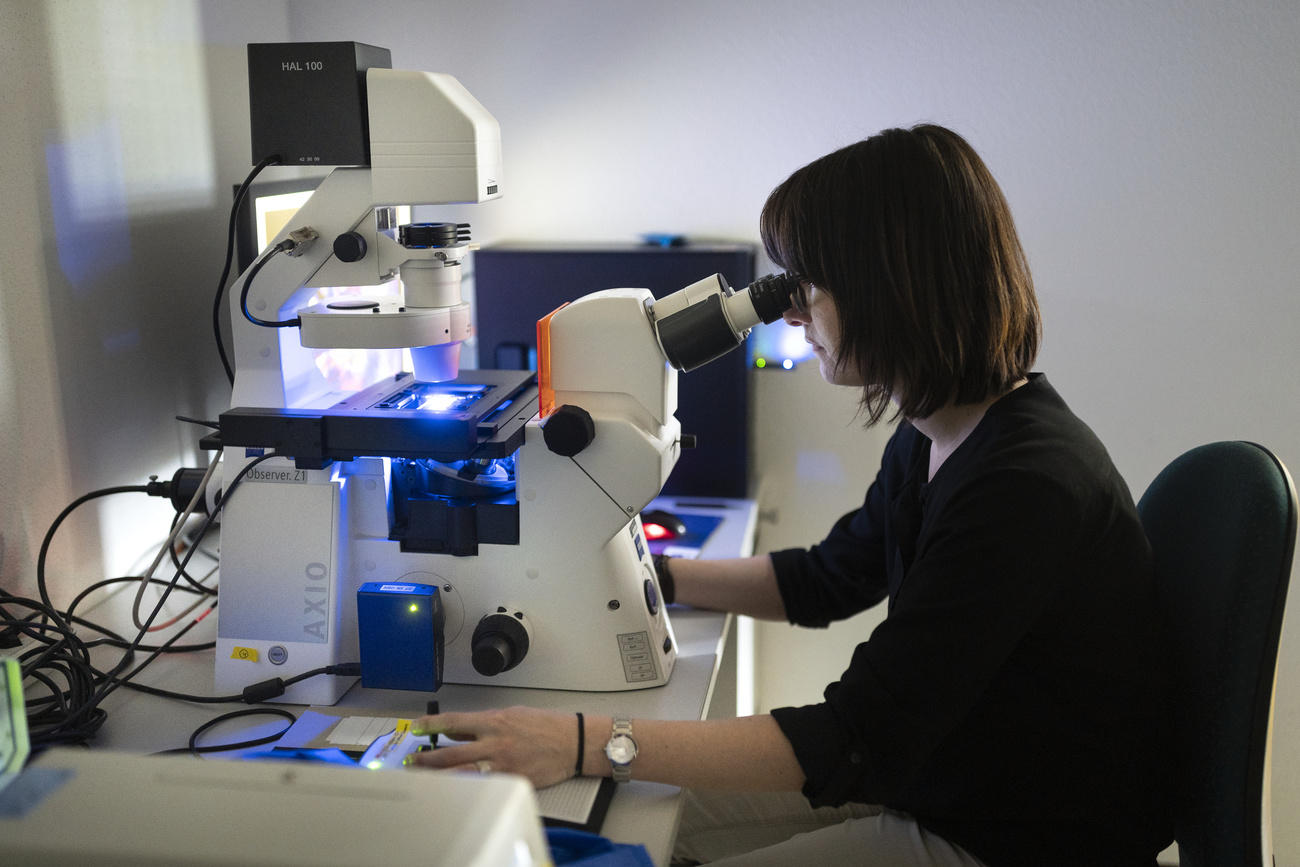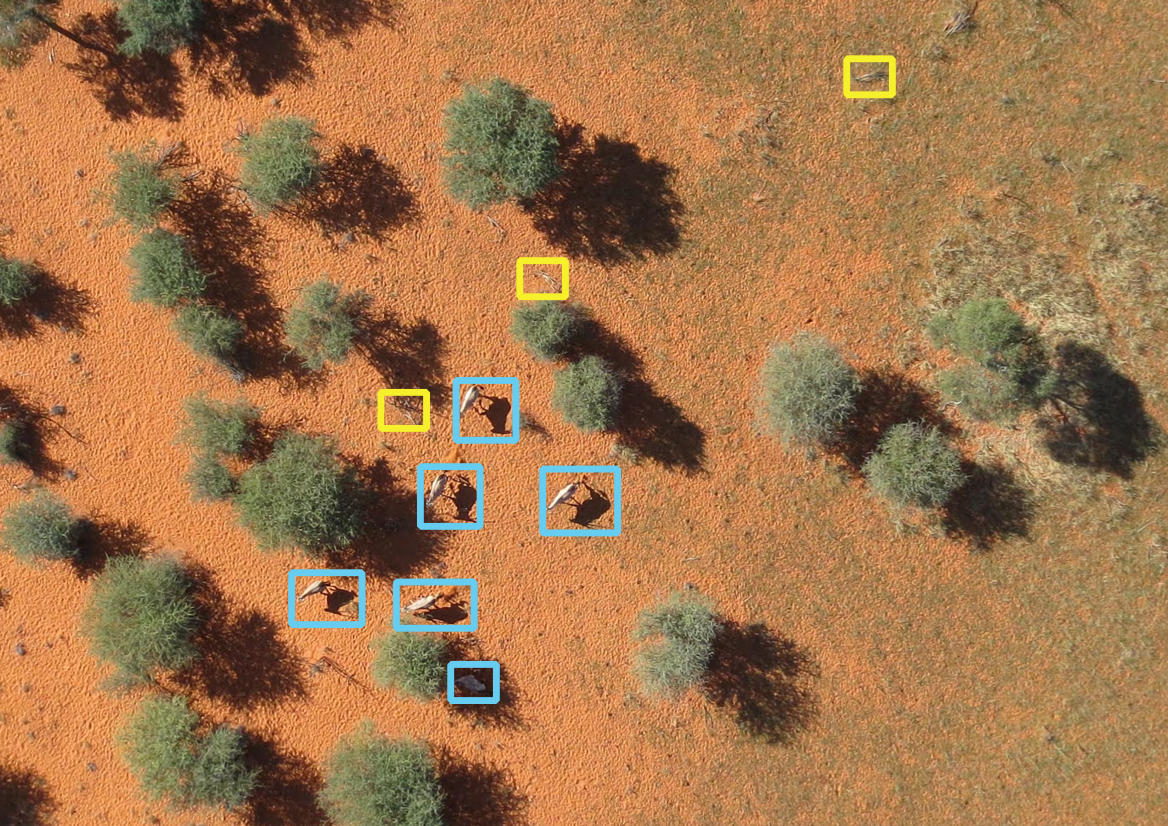Using AI, Switzerland researchers crack the code of lightning

Switzerland's leading university has found a way to predict when and where lightning will strike to the nearest 10 to 30 minutes and within a radius of 30 kilometres.
The method developed by researchers at the Lausanne federal technology institute (EPFL) combines standard data drawn from weather stations and artificial intelligence.
Lightning is one of the most unpredictable and lethal phenomena in nature. It regularly kills people and animals, sets fire to homes and forests, keeps aircraft grounded and damages power installations.
Between 6,000 and as many as 24,000 people are killed by lightning every year.
But what exactly triggers lightning remains shrouded in mystery. There is no simple technology for predicting when it will unleash its fatal powers on the ground rather than the skies.
Researchers of EPFL’s School of Engineering, led by Farhad Rachidi, have removed some of the mystery with their predictive method.
Their research has been presented in the journal Climate and Atmospheric ScienceExternal link. They now plan to use their findings in the European Laser Lightning Rod project, which aims to develop systems to protect against lighting strikes.
Fast, cheap and simple
“Current systems are slow and very complex, and they require expensive external data acquired by radar or satellite,” explains Amirhossein Mostajabi, the PhD student who came up with the technique.
“Our method uses data that can be obtained from any weather station,” he adds. “That means we can cover remote regions that are out of radar and satellite range and where communication networks are unavailable.”
What’s more, because the data can be acquired easily and in real time, predictions can be made very quickly – and alerts can be issued even before a storm has formed.

In compliance with the JTI standards
More: SWI swissinfo.ch certified by the Journalism Trust Initiative



You can find an overview of ongoing debates with our journalists here. Please join us!
If you want to start a conversation about a topic raised in this article or want to report factual errors, email us at english@swissinfo.ch.